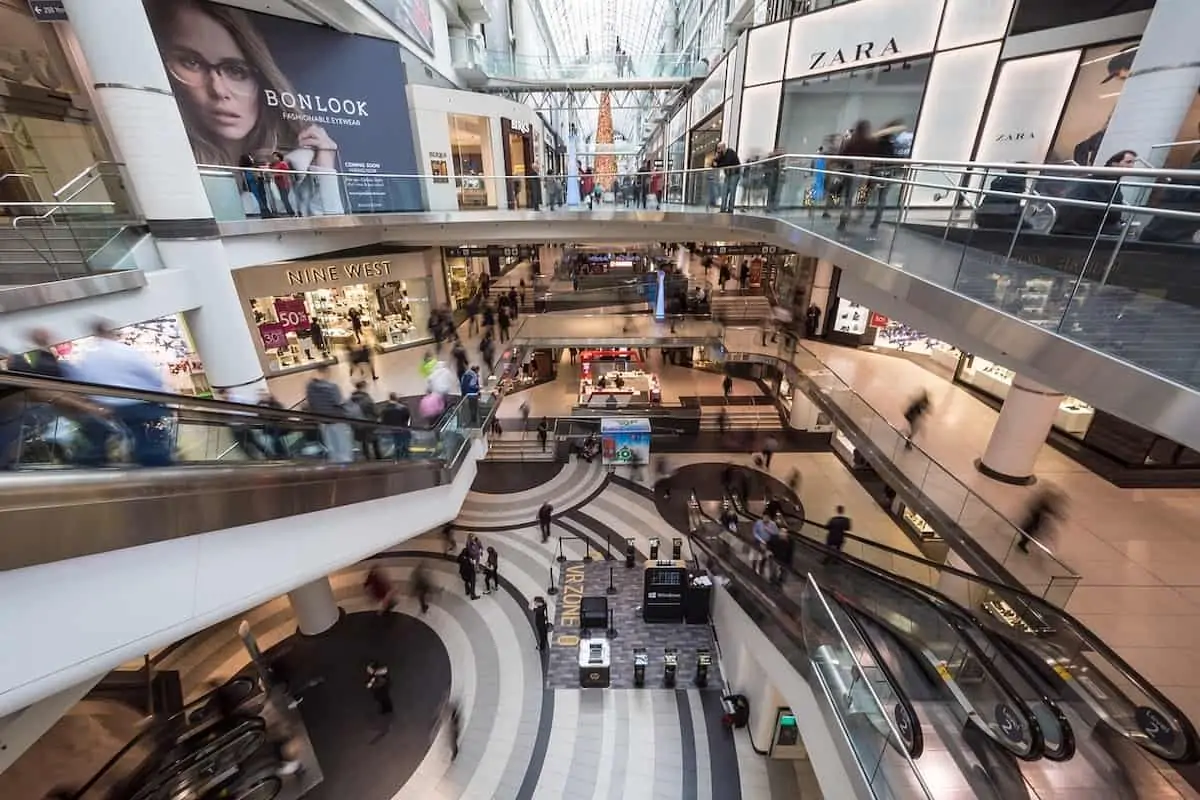Radio-frequency identification (RFID) monitoring systems involve attaching tags to specific objects so you can track, monitor, and collect data for them. RFID monitoring systems have a variety of uses and are implemented in a broad array of businesses and organisations.
One industry that can significantly benefit from RFID technology is retail. This is an industry that is continuously evolving and, if retailers want to stay competitive, they need to be doing everything they can to offer the best customer experience possible.
From helping design your store layout to monitoring your inventory, making sure no documents get lost and tracking assets, read on for four ways you can use an RFID monitoring system in your retail business in 2021.
1. For people counting
One of the most popular reasons for retail stores or malls to implement RFID technology is for people counting.
The best people-counting solutions enable retailers to have a thorough understanding of the customer journey they are offering within their store. They also highlight any dead zones that exist inside the space, display customer touch points, and demonstrate if the layout is well-designed and easily accessible.
There are several people-counting options that are specifically designed to complement a variety of business needs. Some of these options include overhead vs horizontal, wired vs wireless and bidirectional vs unidirectional.
For example, if your retail space requires a compact solution, then an overhead visitor counting system sensor may be ideal for you. At the same time, other retail spaces may be better fitted with horizontal sensors mounted on either side of the entryway.
Whatever type of RFID retail system you choose to implement, you want to make sure that it is able to provide you with timely data, complete accuracy, and easy reporting. All of these features are necessary if you are going to be successful in streamlining your business operations with an RFID monitoring system.
2. For inventory management
The top RFID monitoring and management technology can be used for inventory management, presenting your retail store with the capability to monitor and track your goods – from the warehouse to suppliers, stores, and customers.
As this technology streamlines the processes for managing your inventory, you will find it easier for you to meet customer demands, as you will always know your stock levels. This further enhances your supply chain flow and delivery processes while decreasing the potential of losses.
This capacity makes a significant difference for retailers who want to stay on top of their inventory, minimise losses, and guarantee on-time delivery to their customers.
3. For asset tracking
Being able to track, record, and manage assets is crucial, as it is key to ensuring you have a thorough understanding of your company. Furthermore, the best RFID monitoring systems will also help you reduce costs related to your assets and increase overall utilisation.
With this type of technology available, there is no reason that your retail store should be losing the maintenance history of assets or other essential information.
Instead, by implementing an RFID monitoring system, you can have every asset tagged with all the pertinent information stored on the tag and saved in the cloud. This accessibility also makes it easier for all employees to stay updated on the status of assets.
Whether you have assets in a busy factory or warehouse or if your offices are filled with high-value IT assets, it is in your best interest to implement an RFID monitoring system. Having this technology means that you will always know where your assets are, as well as when they last received maintenance, and who last utilised them.
4. For document tracking
In many cases, documents are an integral component of running a retail business, so it is crucial that you have a clear system for managing and tracking them. If your retail store needs a system that makes document management more efficient, you want to consider a mobile RFID tracking system.
Like asset tracking, with this type of RFID monitoring system, you can tag each document with a unique RFID label. This, in turn, helps in setting up an organised document management system that makes it far easier to file, track, and locate any files.
For employees, this is a beneficial feature as it minimises the chance of misplacing or losing important documents.
As everything is labelled, nothing can go missing. An RFID monitoring system for document tracking also lowers your operating costs and saves time and labour as employees don’t have to waste time trying to locate the files they need.
Is your retail store in need of an RFID monitoring system? Why or why not? What do you think would be the most significant benefits for your business? What particular features would help you the most?
Let us know your thoughts and any additional questions you have in the comments below!


 EBOOK HERE
EBOOK HERE